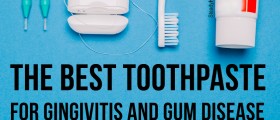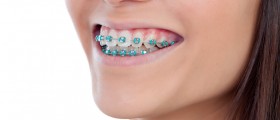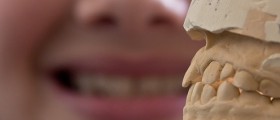
Oral hygiene
Proper dental health
Daily brushing and flossing will prevent dental health problems and even if they occur, they will be much milder, less painful and the treatment will be less expensive. Regular visits to dentist are key factors to prevention of dental diseases. However, there are some really efficient practices useful to lessen risks of developing dental problems.
Brushing and flossing every day, as mentioned, is the basic health practice concerning healthy teeth and gums. Besides this, one should make sure to use toothpaste or any other dental product, containing fluoride. Mouth rinse with fluoride may also prove effective, but one should consult a dentist before incorporating this into the daily dental care routine. Last but not the least; mouth should be rinsed thoroughly after every meal.
Proper method of brushing and flossing
Brushing and flossing are important to maintain good oral health, but, they will show effect only if done in a proper way. Brushing should be performed with a soft-bristle toothbrush and fluoride toothpaste. Teeth should be brushed gently in the front, behind and on the top for the molars. Movements of the brush should be short, back and forth, and circular, performed on the line of the gum. It is important to brush tongue as well, to remove the bacterial plaque and keep away bad breath.
Dental floss is used to clean the gaps between teeth and remove food particles and plaque. The mouth should be rinsed after flossing.
Any sign of blood during brushing or flossing is an indicator of potential gum disease or incorrect method. It is very important to consult a dentist in this case and prevent further complications.
Dental health problems
Tooth cavities or decay is one of the most common dental health problems. Bacterial plaque that covers teeth is the main cause of cavities. Cavities occur when bacteria starts forming holes in the enamel – outer coating of teeth. Regular dental hygiene can help removing plaque and lessening the potential risk of tooth decay.
Dental plaque and tartar occur in patients with bad dental hygiene habits. If bacterial plaque doesn’t get removed every day, it hardens and forms into tartar or calculus. Everyone can prevent tartar formation but it can only be removed by dentist.
Gum diseases are caused by plaque building up along and under the lining of the gum. This provokes infections and swollen, painful and often bleeding gums. This condition is known as gingivitis. If left untreated it may lead to more serious complications that may often result in extraction of teeth.
Other preventable dental health problems are bad breath or halitosis and tooth sensitivity. However, if they occur they need to be treated by the professional dentist.

















Your thoughts on this
Loading...